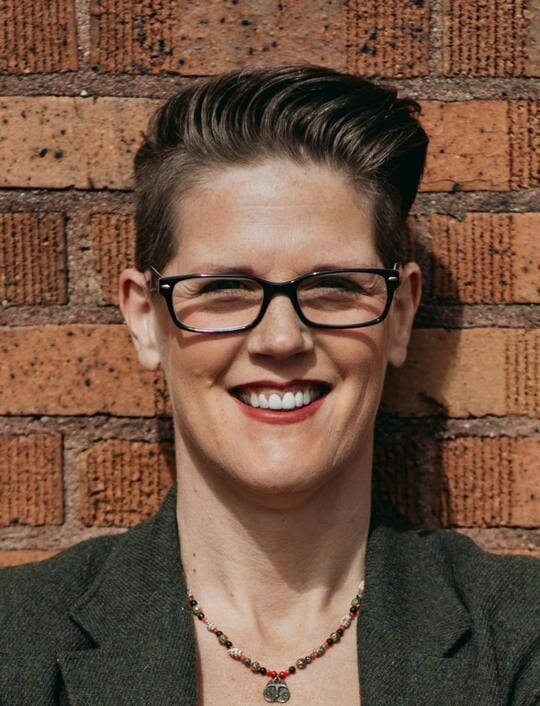By choosing not to read, we forfeit the empathy and understanding that literature fosters. The Supreme Court’s recent ruling misses this critical point, fueling ignorance instead of enlightenment.
SCOTUS Ruling Misses the Point of Reading

Key Takeaways:
- Literature is essential for empathy and conversation.
- Opting out of reading fuels ignorance.
- The Supreme Court ruling allows for opting out of reading.
- Engagement with literature fosters belonging and productive discourse.
- Ignorance has negative consequences for society.
The Importance of Literature
Literature fuels empathy and conversation. Through stories and narratives, readers gain insight into experiences different from their own. It can foster belonging and it can also fuel productive discourse. The act of reading connects individuals, bridging gaps and opening minds.
Opting Out Fuels Ignorance
But only if you actually read. If you choose to opt out altogether, you only fuel ignorance. Choosing not to engage with literature isn’t merely a passive act; it’s a decision that denies oneself the opportunity for growth and understanding. Ignorance thrives in the absence of knowledge, and refusing to read perpetuates this cycle.
A Critique of the Supreme Court Ruling
Which is what the Supreme Court ruling has overlooked. By allowing individuals to opt out of reading, the Court has inadvertently endorsed a path toward ignorance. This decision misses the point of reading entirely, disregarding how essential literature is to the fabric of an informed society.
Fostering Belonging and Discourse
Reading is more than an individual pastime; it’s a societal necessity. It can foster belonging by connecting people through shared stories and experiences. Literature also fuels productive discourse, encouraging debates and discussions that push society forward. Without these conversations, progress stalls.
Conclusion
In an era where understanding and empathy are paramount, opting out of reading is a step backward. The Supreme Court’s ruling not only misses the point of literature but also opens the door wider to ignorance. It’s a reminder that the choices we make about education and engagement have profound effects on the collective well-being of our society.











